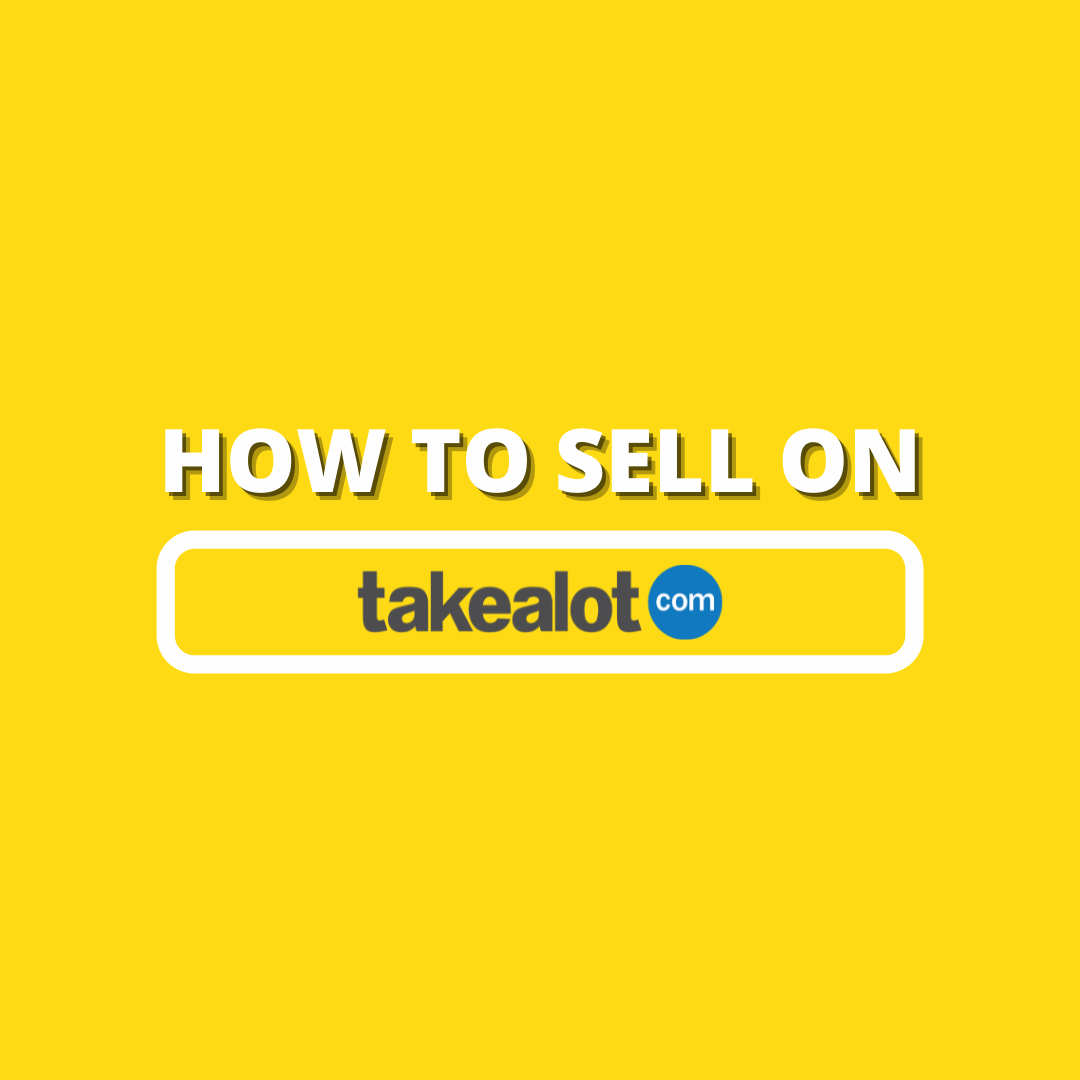Online marketplaces, like those run by Amazon and local site Takealot, have been a boon for many small business owners. They allow businesses to tap into the active users, support, and logistics structures built by large e-commerce players. In exchange, those companies charge various fees - including a percentage-based success fee for every sale.
Such marketplaces are a trend that's starting to eclipse online stores' own inventories and catalogues. A growing proportion of the products that stores like Amazon and Takealot sell are not their own - around 55% of the products that Amazon sells are from third-party sellers. And most of these sellers are micro-businesses; in 2018 nearly three-quarters of them had between just one and five employees.
Although the likes of Amazon and Alibaba have led the charge abroad, South Africa's bigger online stores are also making moves to tap into the global platform economy that's now worth around R100 trillion.
The Takealot Marketplace is the biggest of its kind in South Africa and serves as only a fraction of the global platform economy, but in recent years it has grown significantly.
Other online stores, like those of Makro, Loot, and even fashion retailer Zando, have since launched third-party platforms as well.
Learn to sell succesfully on Takealot in South Africa with my new Takealot 4-Week Course
What marketplaces offer small businesses or individuals that want to sell online?
The basic concept behind "marketplaces" is, in theory, simple, and not too dissimilar to that of the traditional bricks and mortar model of selling on consignment.
The stores will stock products that align with (and don't undermine) their brand and catalogues - and if shoppers buy your listed products, the stores will facilitate most of the logistics, and you'll get paid out.
The main benefits provided by marketplaces are shelf space and visibility. Stores like Amazon, Makro, and Takealot are established, trusted brands, and the first port of call for many online shoppers. They also have strong search-engine footprints that make them far more present in the online world than many privately-owned small business websites can be.
Interestingly, it's also become increasingly common for established brands to use marketplaces as additional sales channels, alongside their own websites. For this reason, in South Africa, the likes of GHD and Le Creuset have presences on Takealot’s Marketplace.
The big online stores list your products almost as if they were sourced by themselves, and handle some of the complex logistics associated with selling products online - things like product warehousing, deliveries, returns, and online payments.
Some also provide sellers with access to a back-end system that helps with pricing, stock, and inventories to help facilitate and ease the sales process.
How much does it cost?
How high success fees will be depends on several factors, such as the store you're using, and your product's category. Some marketplaces are upfront about their success fees and commissions, while others restrict this information to approved sellers.
Takealot has published a comprehensive document that highlights its success fees, as has Loot. In general, you can expect to pay anything between 6% and 15% of the sale price of your product to Takealot or Loot, depending on the category.
These fees are closely aligned to those of Amazon's, which vary between 8% and 15% depending on the product category.
Zando, on the other hand, takes 20% commission across all items. And although Makro also charges success fees, these are not publicly available.
Some platforms also require that sellers pay flat monthly membership fees.
Takealot charges a R300 membership fee, irrespective of any product sales. Makro, like Amazon, has two membership tiers - one that costs a flat R499 per month, and another that costs R15 per item sold, plus success fees. Zando and Loot charge no membership fee and recoup all costs via commission and standalone fees.
Sellers are also likely to encounter other costs along the way, such as those for fulfilment and warehousing. Fulfilment fees are based on weight and volume. Takealot charges anything from R15 for standard product weighing less than 7kg, through to R325 for a particularly bulky and heavy product. Loot charges R30 for its lightest products, through to R500 for its heaviest. Selling a low-value item that's big and heavy, therefore, would make little sense on these platforms.
Zando has a different approach to fulfilment and warehousing. It charges R30 per delivery, and the company won't store your products in their warehouse, either. Instead, sellers have to deliver successful sales to Zando's premises within 48 hours of an order, at their own expense.
Sellers Beware - The Disadvantages
Selling through a third-party marketplace may seem fairly low-risk, but the costs can add up quickly - particularly if you're paying the online store to warehouse products that aren't selling, if you're shipping bulky items, or face issues like product returns. There are also issues with cashflow, as most retain income derived from purchases for a certain amount of time to allow for returns and other possible expenses.
One user on the consumer review website HelloPeter complained that despite making sales on Takealot's marketplace, any profits were "eaten away" by additional storage fees. "There are listing fees for each product, handling fees, success fees and now double up storage fees. This is not worth using as a service," the review reads.
Some sellers have also pointed to draconian marketplace rules that make operating in those spaces particularly volatile for small businesses. Many marketplaces, for example, release payments into an online account, which businesses can only draw from after a certain period of time. In some cases, sellers may also not receive payments for goods for up to a month.
Returns are also a contentious issue. Sellers are often responsible for costs associated with returned items, but some are allegedly erroneously accepted as returns despite product and packaging damage. Takealot has allegedly acknowledged in an online complaint that they do encounter situations where returns are incorrectly accepted, but that this is part of the "risk profile" associated with using the platform.
Makro Marketplace is also not without its detractors. One HelloPeter user wrote in 2019 that the service gave him "nothing but headaches" due to poor customer service.
Picking a marketplace perfect for you
Not all marketplaces accept all products, and therefore it's important to pick one that aligns with your target market and will accept your goods. The next considerations are fees, customer service, and a deep dive into payment policies and other important fine print.
But the core consideration is still likely to be visitor numbers. In terms of traffic, Takealot consistently ranks above all other online stores - and is in the top 10 most-visited sites in the country. This also makes it the most competitive marketplace for sellers.
Self-made claims of website traffic and customers should be treated with caution, but Takealot says it offers access to two million active customers; Makro says it receives 1.5 million customer visits per month; and Zando upwards of 3.5 million "visits" per month.
Given the limited scope of third-party marketplaces in South Africa, no one choice is likely to be a perfect solution. But with a few careful calculations and considerations of your product range, there's potential for at least one of the bigger marketplaces to serve as a sound additional channel to add to your business's arsenal.

